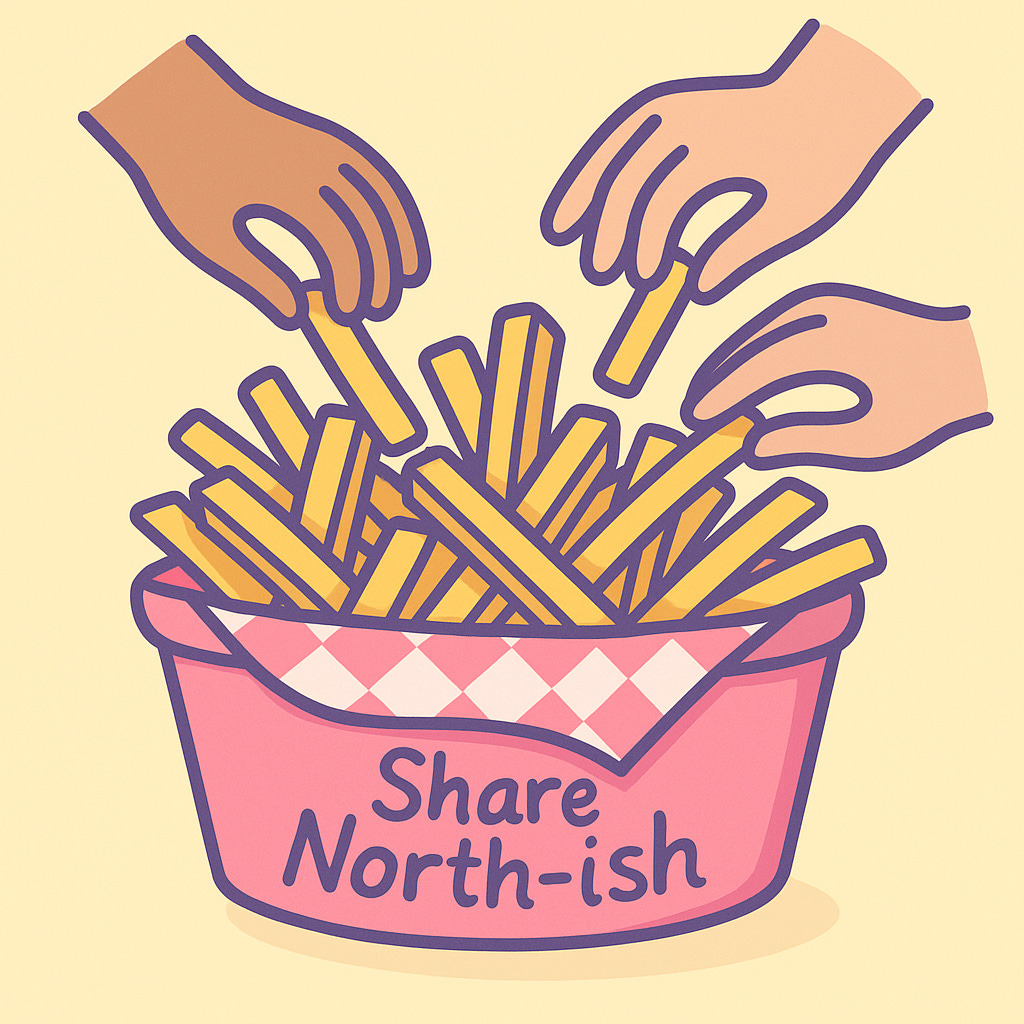I’ll never understand why autism keeps getting framed as something to be cured. Sure, being autistic can be overwhelming at times; we live in a world that wasn’t built for our wiring. But the autistic mind also holds strengths this world desperately needs: precision, honesty, pattern recognition, and critical thinking.History is full of minds that worked the way ours do. Nikola Tesla, Isaac Newton, Albert Einstein, Charles Darwin, Alan Turing, Emily Dickinson, and Michelangelo all showed traits we now recognize as autistic. They revolutionized science, art, and philosophy through the very qualities society still misunderstands. Their ability to focus deeply, question assumptions, and see patterns others missed reshaped the world.
Autism is not a burden on society. It’s something to be supported, nurtured, and understood.
When I first heard the president’s recent claim about Tylenol use in pregnancy “causing autism,” I laughed at the ridiculousness. Every high-quality study shows no causal link. But this administration relies on the fact that most of its constituents are not fluent in discerning credible sources and information; I’ll take it a step further and say that this administration weaponizes their illiteracy. This lack of understanding easily twists into fear, allowing autism to keep being treated as a nightmarish outcome, rather than a valid way of being.
Even our diagnostic and legal systems reflect this bias. The DSM classifies autism as a neurodevelopmental disorder, while disability law defines it as a disability only when it substantially limits daily life. In other words, the difference between “disorder” and “disability” often comes down to whether the world around us is willing to make accommodations. The barrier isn’t the diagnosis itself…
If the default setup of our society were built for the neurodivergent mind rather than the neurotypical one, we’d be living in a very different world.
Workplaces would have quiet corners and soft lighting instead of constant noise and fluorescent glare. Instructions would be clear, expectations transparent, and honesty valued over charm. Rest would be treated as essential, not indulgent.
Schools would teach emotional regulation and self-awareness alongside math and reading. Kids who needed extra time or space wouldn’t be punished for it — they’d be understood.
Healthcare visits would take into account sensory comfort and processing needs instead of rushing people through harshly lit waiting rooms.
Public spaces would have designated calm zones — not just for autistic people, but for anyone who needs to breathe.
Social life would change, too. Friendships would be rooted in sincerity instead of performance. People would say what they mean instead of what sounds polite. Listening would matter as much as talking.
Politics and media would change with it. Politicians would be expected to tell the truth, not just what polls well. The news cycle would value accuracy over outrage.
A world built like that would be better for everyone, not just autistic people.
I speak on the struggles of being neurodivergent, but I still enjoy it. Some of the qualities I love most about myself come directly from having a brain that’s wired differently. It’s part of what makes me a good nurse and an advocate for my patients. It’s why I’m a good listener, a loyal friend, a caring daughter, sister, and an attentive partner. It’s why I’m conscientious of how my words and actions affect the people around me. It’s why I’m open-minded and accepting of those who are different from me — why I’m able to see outside myself and my own experiences.
Autism hasn’t just shaped how I think. It has shaped who I am politically, socially, spiritually. It’s my internal compass. I wouldn’t trade that for anything.
And maybe that’s exactly why authoritarian politics keep circling us. Autistic people don’t bend easily to groupthink. We notice contradictions. We question what doesn’t add up. We see the patterns others overlook. That kind of perception is inconvenient for those who depend on blind loyalty.
But no matter how often we’re targeted, we will always exist. Autistic people have been here all along. Creating, discovering, loving, building. We are not going anywhere. We are not anomalies. We are evidence of human diversity, and our existence deserves respect.




